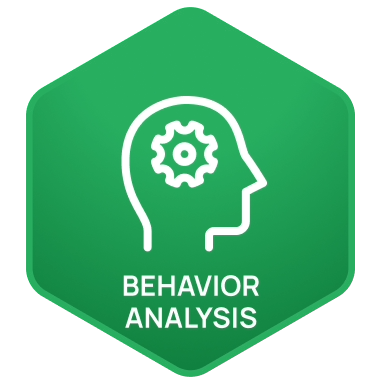About Job
Company Description
Hands of Heartland LLC provides services to individuals with developmental disabilities throughout Nebraska, Iowa, Oklahoma and Texas, offering opportunities for them to enjoy life, connect with their communities, and thrive.
Role Description
This is a full-time on-site role for a Board Certified Behavior Analyst (BCBA) at Hands of Heartland LLC located in Tulsa, OK. The BCBA will be responsible for conducting behavior assessments, developing behavior intervention plans, providing staff training, implementing behavior management strategies, and utilizing Applied Behavior Analysis techniques to support individuals with developmental disabilities.
The position is at the Laura Dester Children’s Center in Tulsa. LDCC currently operates as an Intermediate Care Facility (ICF) that houses 25 children across three cottages, ages 8-17 in a 24-hour residential setting. The current opening is for our pre-adolescent boys cottage (ages 8-12).
This is a full-time salaried position, Monday through Friday 8am-4:30pm. The BCBA that fills this role will enjoy a small caseload and there is no billing required. If you or someone you know might be interesred in this position pelase reach out!
Qualifications
- Behavior Analysis, Applied Behavior Analysis, and Behavior Management skills
- Experience in providing parent education
- Background in Psychology
- Excellent written and verbal communication skills
- Ability to work effectively with individuals with developmental disabilities
- BCBA certification required
- Master's degree in Psychology, Special Education, or related field
Professional Field
 Behavior Analysis
Behavior Analysis Other Behavioral, Mental, or Healthcare Field
Other Behavioral, Mental, or Healthcare Field






